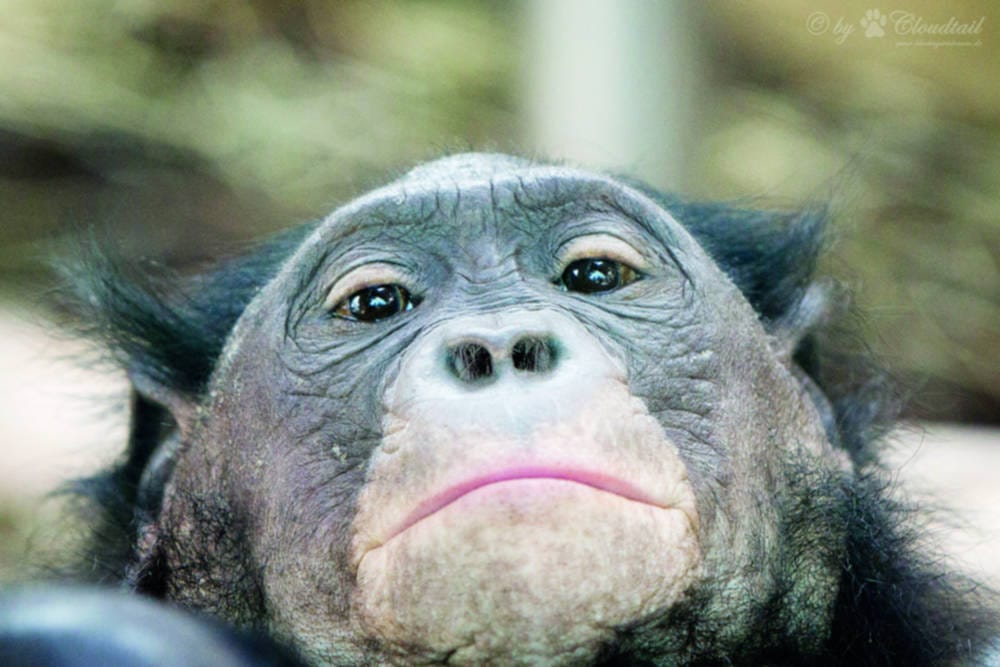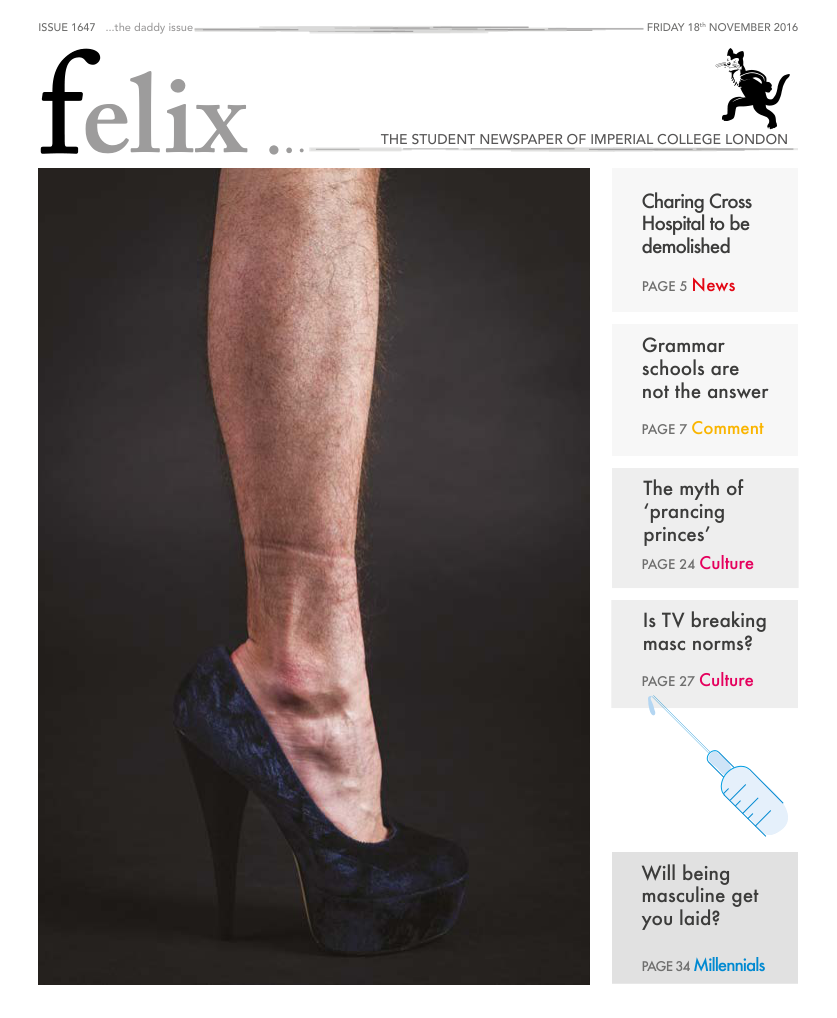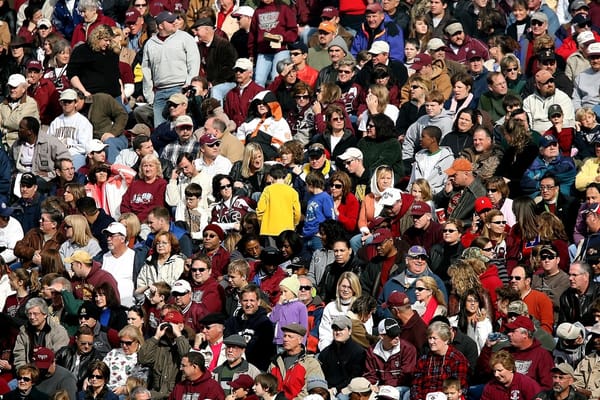Do old bonobos need to go to specsavers?
Deteriorating eyesight in bonobos shows that we’re not the only ones that may need to wear glasses as we get older

Age related far-sightedness in humans can easily be demonstrated by simply observing one of your older relatives as they tip their glasses and extend their arm out to read the morning paper. This phenomenon, known as presbyopia, is brought about by the hardening of the lens and weakening of the muscles around it over time. Many explanations for this deterioration are founded by popular opinion, with most blaming the evils of technology in one way or another.However, new research indicating that humans are not alone in this problem can, perhaps, debunk these ideas. Researchers at Kyoto University noticed how a senior male bonobo called ‘Ten’ was staying a noticeable distance away from a fellow troop member as he groomed them, appearing to require this distance to see lice in their fur. This simple observation prompted a larger study involving the analysis of a decade’s worth of behavioural footage of the grooming patterns of bonobo chimps in the Democratic Republic of Congo. The results of this study showed that, whereas younger bonobos (30 years) tended to focus at around 10cm, individuals who were 40+ had to move over 20cm away to groom properly.
Unfortunately, this deterioration in the bonobos’ eyesight likely implicates serious consequences in their social standing and even survival. Older bonobo males are often among the least popular grooming partners and this is seemingly the result of their eyesight-induced inability to hold up their half of the mutualistic practice of grooming. Moreover, in the dark Congolese rainforests, far sightedness could also lead to problems with navigation and the spotting of human hunters. However, as head researcher of this project Dr. Heunglin Ryu explains, the relative cohesiveness and gregariousness of bonobo assemblages means that, for the most part, “old bonobos can just follow the younger individuals”.
This research also has several implications for humans, with the authors suggesting that we could now investigate how other tissues senesce in bonobos in comparison to humans and whether this could explain why humans live so much longer. Ultimately, it seems that progressively worsening eye-sight is down to an unavoidable throwback to the common ancestors we share with these great apes. In any respect, at least it’s not solely due to staring at computer screens all day, regardless of what our grandmothers may say.








